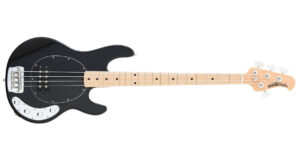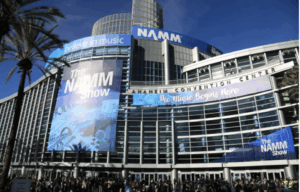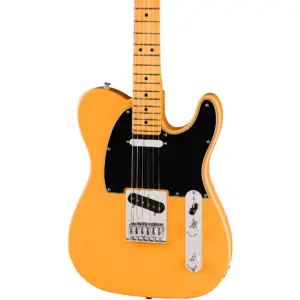Shilpa Rao; a name that emanates charm, elegance, and versatility in the music industry. Whilst she has undoubtedly carved out an identity of her own, she continually introduces new dimensions to that identity showcasing her inherent desire and curiosity to explore the infinite musical realm.
We know her for many iconic film songs, contributions to the independent space, highly esteemed musical collaborations, prestigious awards, energetic and soulful performances but the icing on this delectable cake is the sheer passion and admiration she has and most humbly shows for music. ‘It has become a way of life for me’ she says.
She discusses a range of topics from her initial ideologies and philosophies on education, life and music, her musical influences, her perspective on the balance between achieving precision and communicating emotion when singing, the evolution of her voice, the impalpable magic of collaboration, to her greatest challenges to her future aspirations.
The Early Days
You’ve spoken about how your father has had a pivotal role in your musical journey. What were some of your first lessons like? What were some of the first ideologies and philosophies about music that you had imbibed?
I think he had a very unique way of teaching me music. It was never very direct, that this is how you pack this. It was very related to life. So I really feel like he made me see music as more than just one part of my life; I believe it is present in everything I do, so it has become a way of life for me.
Have some of the ideologies and perspectives changed as time progressed?
I don’t think it has changed, but I think it has turned stronger and I feel music has a bigger purpose in life. I think that’s what music teaches you to choose love every single day of your life and choose positivity and choose the path of doing good for people, I think that’s what music teaches you to be your true purpose.
Who were some of your other influences and how have they impacted the different aspects of your musicality?
I was learning classical music, so most of my musical influences as a child were classical musicians, from Ustad Amir Khan Sahab to Bismillah Khan Sahab to Mehdi Hassan Sahab to Nusrat Fateh Ali Khan Sahab and so many others. It was very interesting in school because of friends; you had to explore different sides of music, like Sting or Zeppelin, and that was a very refreshing change for me. My brother was learning western classical music, so again, since I was never restricted to listening to one genre of music, I was very open to listening to all forms of music.
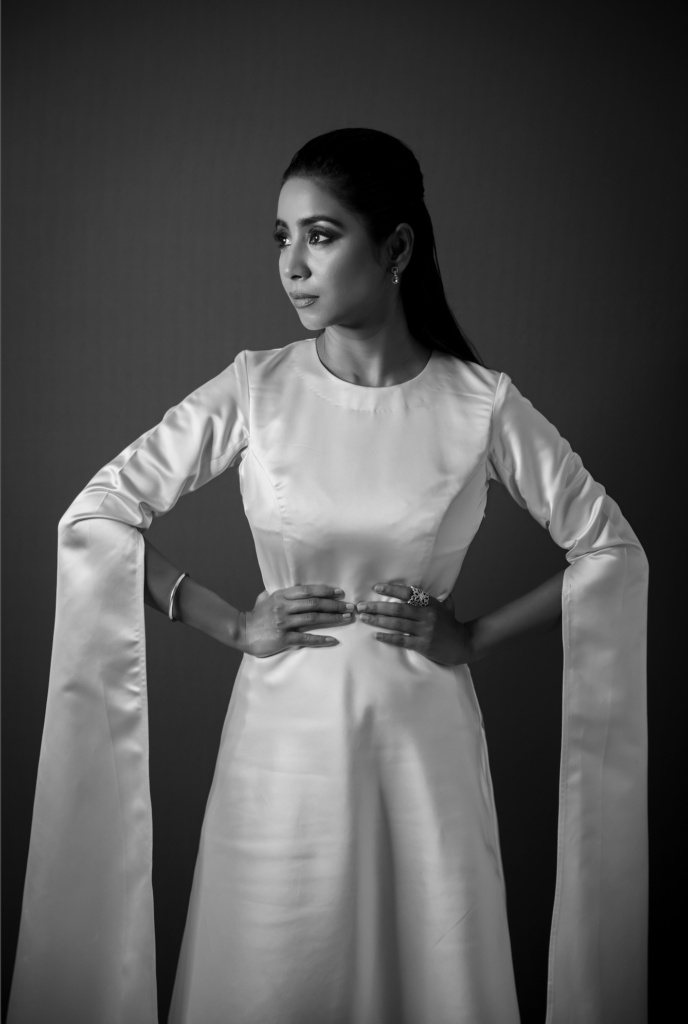
Was music always on the forefront of your mind as a career path? How important is education to you?
Music was not a career choice for a very long time in my life. I never thought of doing anything. I never thought I could do anything in my life, so I think it was a good thing, I looked at music more and that is something I love being around, as opposed to something that I need to do to get somewhere, so therefore it was something that I would do with my heart without any expectations or without any thinking of the returns that I would get from it. I still do that when I listen to music. I am still a tourist. I don’t listen to it like a singer or a vocalist, but I listen to it to give me peace, so I think it never works for me. I don’t think I work to live my life.
There is a lot of overlap between mathematics and music. Having studied applied statistics, are there any mathematical concepts that you have been able to apply in your musical endeavours, or rather, draw parallels to?
I feel everything is connected, from cooking food to doing maths to making clothes to having a conversation, everything is music and there is a background that keeps happening behind it, so I don’t see that it is any different.
Actually, studying or getting an education is very important. More than anything else, going to school or college allows you to make friends, which is the whole point of going. So never look at things in compartments. I think everything is interrelated, so please finish your education. It will be so much fun to have these friends and to have stories to think about later on.
You are especially known for your success with songs sung in your lower register – was this a conscious artistic choice or did it just happen due to songs you were initially known for (Tose Naina, etc.)?
So, Tose Naina was low registered and just the exact opposite was ‘Khuda Jaane’ was the upper register. I will be very honest. When I first heard about Khuda Jaane, I was quite intimidated and I felt that I couldn’t do it. This was the last time I saw Vishal and Shekhar, but they were so sweet and supportive, and it really turned out to be something beautiful. I would like to do many things, and it has been years since I have put out music that you guys have been showing love for.
You first started your music career singing to jingles? Jingles may seem relatively simple on the surface, especially if it’s a short commercial. What goes into a jingle? Is it more complicated?
So thank you to Shankar Mahadevan Sir, because he advised me to start with Jingles. I had just moved to Bombay with no recording experience, and he said, why don’t you start from the bottom and work your way up, and I think that was the best piece of advice that someone ever gave me, and he actually made me see how recording is a different art form.
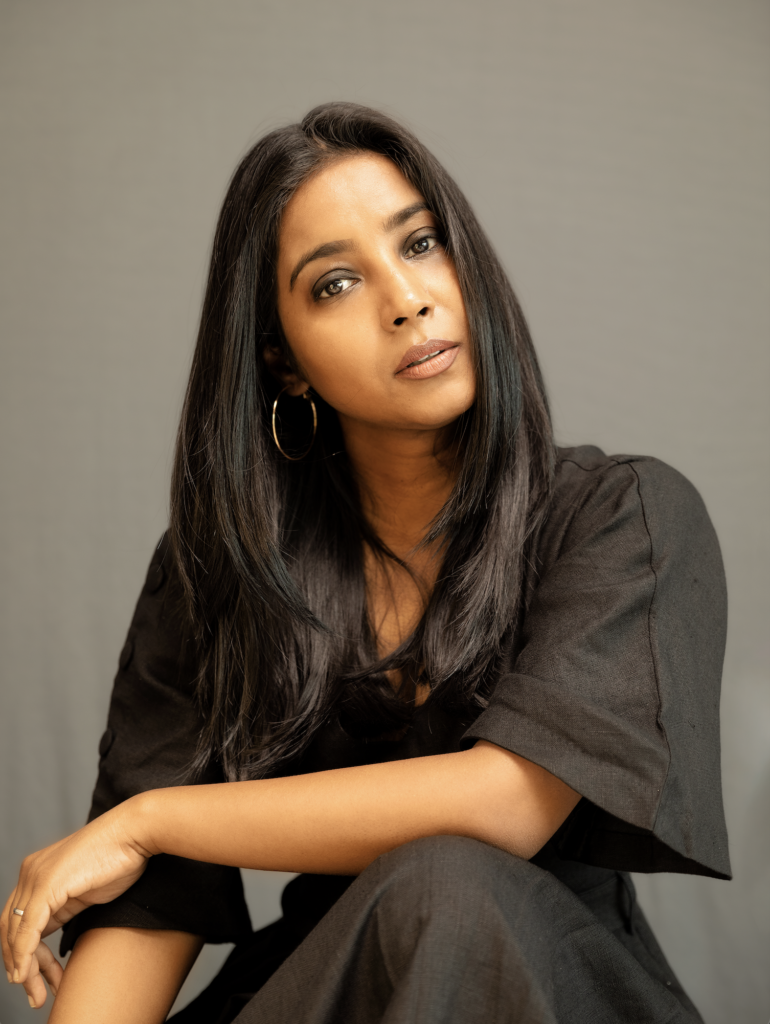
The Artistry
How do you balance precision in vocal delivery with expressing emotions (this could go hand-in-hand but there are times when you may have to compromise one for the other). LIkewise, as a listener how do you balance paying attention to precision/technicalities vs premise/emotion?
So, when you are at the recording and you are at the mic, that’s not the time to think of precision. At that time, I just connect with the song and I don’t think, I don’t calculate, I don’t measure. At that point, you just need to emote. Precision work comes at home when you are actually practising, so your Riyaas is your precision.
You really need to work hard and get the precision right, the pitching right, and the emotion right. I think it’s like walking on fire because Riyaas is never pleasant, but that fire transfers to those beautiful songs that you eventually record, so you need both of them.
It could be as simple as not understanding a line. I’ve been singing these ghazals since I was a kid, “Dekh toh Dil ke Jaha se Uthta Hain, Ye Dhua sa Kaha se Uthta Hain,” and I never knew the meaning because it’s just a coma.
On the first line, it makes all the difference. And just this year, I was going through an interview with Mehdi Sahab and he said, “When you keep doing things and when you keep bettering yourself on a daily basis, that’s progress.” So enjoy every single day because that’s progress.
Do you think your vocal texture has changed? If so, has it been a conscious process? Do you think you have created that texture or do you think it is partially inherited?
So it’s a myth that you are born with a voice. It’s not true, and you can really work on your voice. The biggest example is me. I did not have a voice when I was growing up and I always felt when I used to sing that people would say you are singing well and Sur acha jar aha hai and Taal acha hai and I used to get disappointed because no one was talking about my voice and so I started working on it and I am still working on it and I am still trying to explore what can be done with vocals because it’s endless.
So don’t get disheartened, you can still work on your voice and you can still make it sound very different and make it sound like whatever you want to, as it’s just a matter of applying yourself properly, so do that.
You’ve sung some great Coke Studio songs! How have those experiences been? What is it like performing at Coke Studio? What is the prior preparation etc and how is it different from singing in gigs/playback singing?
So, Coke Studio is amazing because no one tells you what to do as it’s a matter of multiple energies that are on the sets, from the band to the artist you are collaborating with, and everything comes together so beautifully. If you want to make friends, then I think collaboration is the best way to do that.
So with Coke Studio, everything is live, it’s all in one take, and even if one person makes a mistake, you have to go from the top, so I think that was a great experience and it teaches you a lot of patience. Even if it is not your fault, you still need to start from the top, which gives you a sense of community that we are all together, and that is what I believe in my life:
if we progress as a community, we also progress as an individual. You need to make everybody shine, and Coke Studio was so amazing in that way, and I feel really very fortunate to be a part of it.
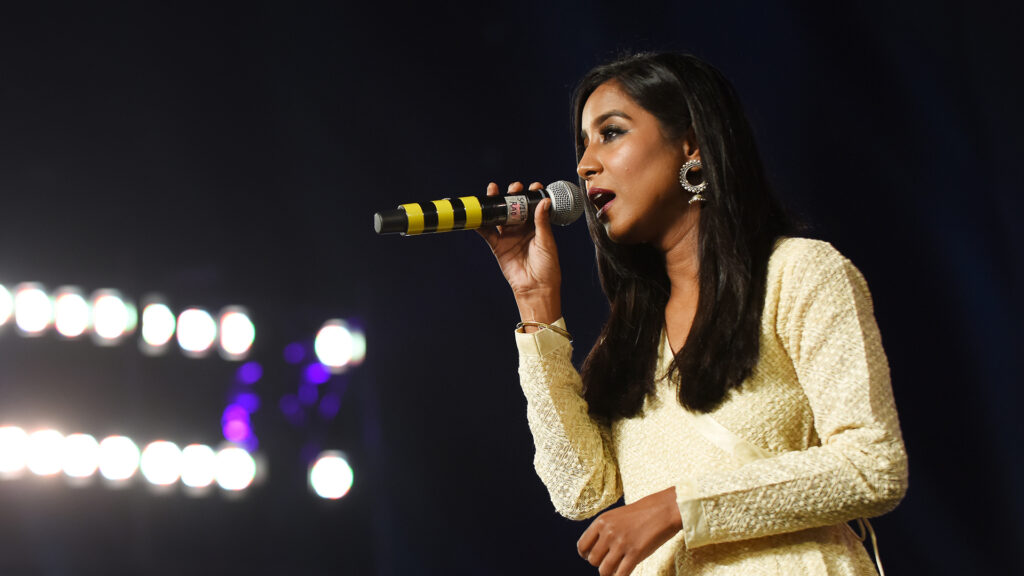
What are some difficult songs you’ve had to master and what made them difficult? It would be great if you could break down a song that you found challenging and reveal how you went about it!
It was very challenging from the movie, “Mudhi Mudhi.” It was very early in my career and standing against Ilayaraja Sir was the most intimidating factor because he is such a stickler for discipline, stickler for how the song should be and also because it was such a difficult song, even lyrically.
So Swanand and Balki Sir really were a great help in making me sing that song in the way I did, and technically it was very difficult too, so that was Mudhi Mudhi. The other difficult song was Bulleya from Ae Dil Hain Mushkil, and it was difficult because of the connection with the relationship, because if the connection with the relationship in the movie doesn’t happen, the song doesn’t come through the way it did, so to understand that relationship you need to understand the story of the character.
I mean, each song has its own journey, and it helps to go with an open mind without any baggage. It helps.
You have made it clear that you don’t differentiate between film music and non-film music for instance, and see it all as ‘music’ at the end of the day. However, how much do you explicitly categorise different forms and styles of music in the way you think and approach new music?
It’s just music, and I don’t think you should think too much, so stop thinking and start feeling. How do you feel about the song? That’s the most important question and nothing else..
Part 3: The Future
How have the dynamics as a playback singer changed over the course of your career especially in lieu with all the advancements in digitization and use of increasingly sophisticated technology?
So, obviously, when you have an aeroplane you will not take a cart, so you absorb all the advancements that have happened with technology, but one thing you cannot remove from life is human error, and human error makes things beautiful, so being very aware of yourself and accepting your flaws and putting those flaws in pride in what you do is the most important thing and that will make you unique. So be it any changes, you should be the subject of change in your mind. It should be very clear and it’s OK, you should be flexible.
Artists are increasingly under constant pressure of having to invest time and money in marketing/promotion and sometimes at the expense of making music! In a world devoid of financial interests, do you think there would be a significant change in how one creatively expresses themselves? What about you personally?
I feel that you can do as much as you want on the marketing but if there is no soul in the song, then it won’t go very far. So find that soul and eventually it will find its way and I believe that.
How is the scene for female musicians, not only singers, but composers, producers, instrumentalists etc?
It’s always a great place for female vocalists, producers, and composers, and that’s because a guy is just telling a story and only a part of it, and when you have a female perspective on it, it completely changes the story, so we need more females coming into the scene and it just completes the story.QS:
What are challenges that are specific to women? What changes would you like to see and what would be some ways to implement these changes?
The challenge is that if you stop looking at it as a gender perspective, you are a human being who is telling your story in your own way, and I think if you start looking at things like that, then nothing will matter, and I think that’s what I do, so yeah.
How much time do you allocate to composing something? Do you anticipate this to change?
It’s a very subjective thing and sometimes it just works out like 2 minutes or sometimes it takes 20 days or sometimes many years. Making a song is not that simple, so yeah, it’s very subjective.
Tell our readers a little about your song ‘Those Words’ the collaboration with Anoushka Shankar’s EP ‘Love Letters’, and how it was to be nominated for the 63rd Grammy awards.?
Anoushka and I met many years back at the NH7 festival while I was performing there with Karsh Kale. Anoushka was there for the festival too, and we all met because of Karsh. After 2 years, Anoushka and I got in touch while I was travelling to London. It was just a break that I was taking, and I met Anoushka, and we shared a lot of music with each other and many other stories.
Later, she sent me a new song, and I completely loved it upon hearing it. It was just a beautiful melody and that’s how we thought of adding vocals to this song and even reached out to my writer friend Shirin. Shirin has been my friend throughout my entire stay in Bombay, and she wrote the beautiful Punjabi lyrics. I felt that it needed that sound of language. Yeah, pretty much that’s how the song happened.
It’s not a very external journey, but it is a very internal sort of journey, and that was very inspiring for me to do the song. For someone who has never felt capable of achieving anything since childhood, the Grammy was never on my radar. But when it happened, I was extremely happy and it was a huge excitement for me.
I think more than talent and hard work, persistence is the key because, beyond talent and being talented, one really has to work hard and not quit, even when there are times it doesn’t happen. There are times when things are not going in your way and being able to go back to work and to learn and to practise is most important. I have been doing that and practising every single day while still learning music each day. I think these things really matter, and this is why I tell the youth to learn music, to keep chasing music excellence, and that is what will get them to glory.
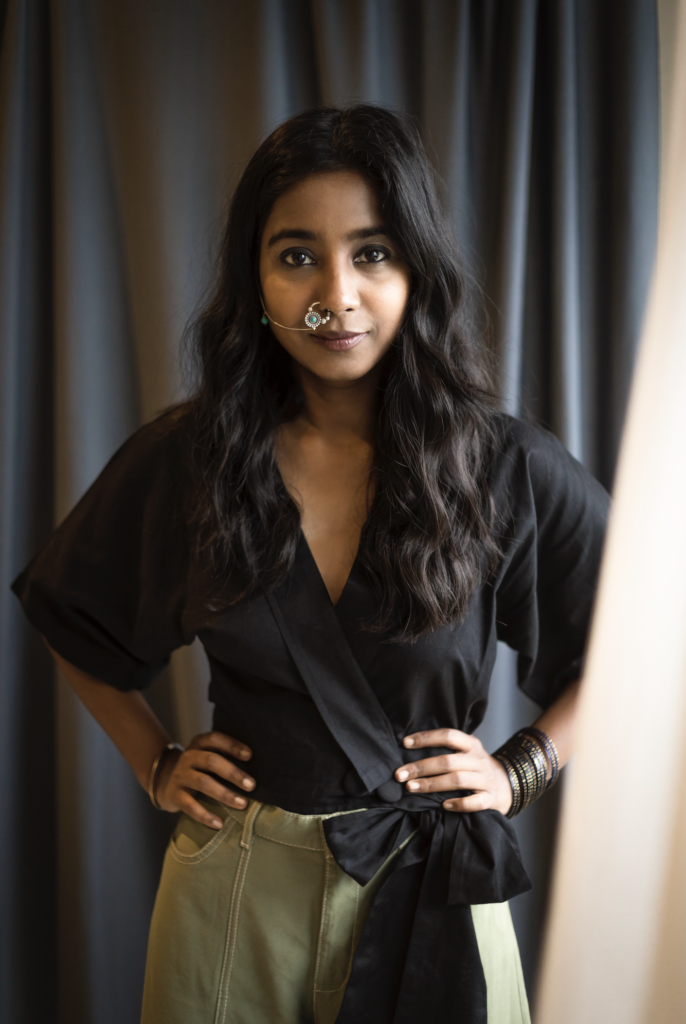
Rapid Fire
What are your future aspirations both as an artist and as a human?
Be happy, as simple as that.
Success of songs/works can be unpredictable – what work of yours do you think is relatively underappreciated?
I think, it’s Manmarziyan from Lootera.
What is your strength?
My inconsistency
What is a weakness?
Again, it’s my inconsistency
A raag you’ve recently discovered to like?
Raag Desi, it’s such a beautiful rag, you must go and hear it.
Most sung ghazal during practice?
When you hear it, it sounds so easy, but it is the most difficult one to pull off, “Ranjish Hi Sahi”.
Current favourite indie song?
I am a huge fan of Ritviz. I really love his music.
Your best independent work?
OK, I can’t pick that. It’s like picking up a friend. It is not possible to pic anyone because I have collaborated with all my friends.
Most awaited collaboration?
It’s a long list of artists I want to collaborate with, but I would love to do something with Michelle Lynn.
Which actor do you think best suits your voice?
I will have to give it to all the actresses because I do have a job in the studio recording it and they do have the job onscreen, so it’s like team effort. They actually add that expression into the song visually. But I would love to sing for Tabu sometime.
An area or genre of music that you consider uncharted and would want to test the waters?
Jazz or Hip Hop! Yeah, these are the two genres I would like to try something.
Do follow
Instagram – https://www.instagram.com/shilparao/




